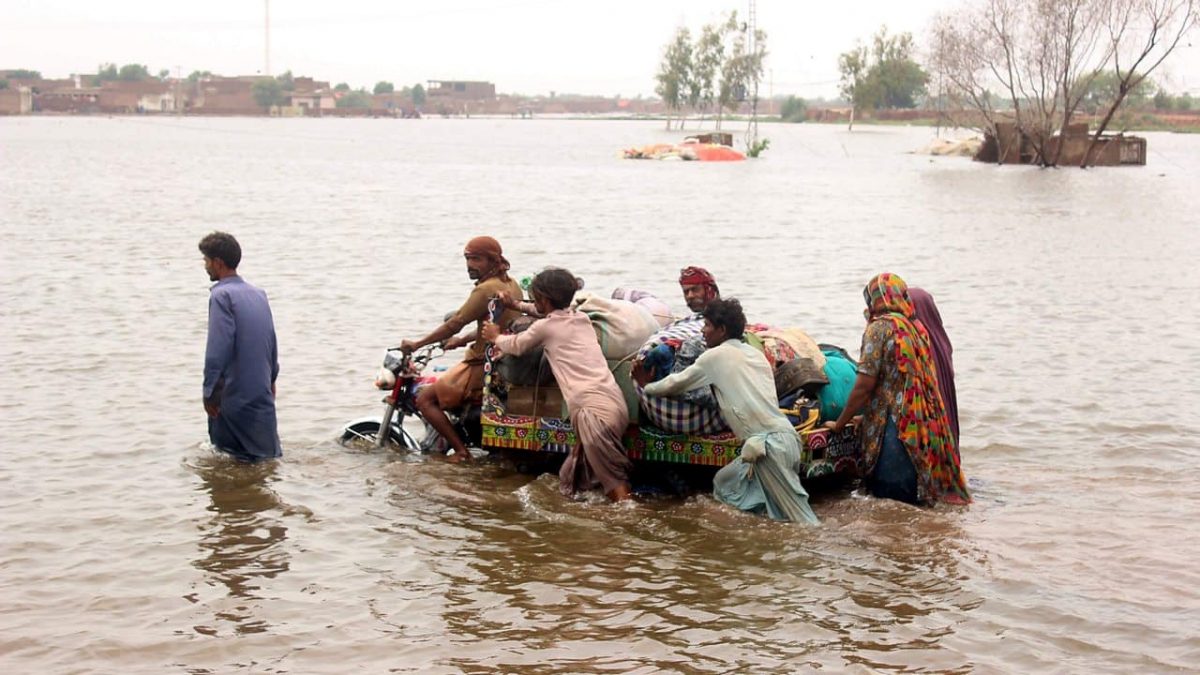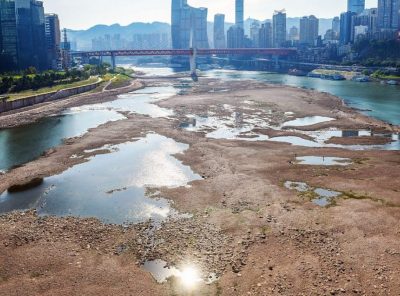Pakistans floods over 33 million affected
Widescale and an extreme weather event Pakistans floods are affecting the whole Country.
A new report by the World Weather Attribution consortium demonstrates the impact of global warming on flooding in Pakistan.
This programme is now available ON-Demand by visiting the Science in Action Page, it will be available until Thursday the 22nd of September. It will also be broadcast on Sunday the 18th of September in Phuket at 9:00 AM on 91.5 FM and 102.5 FM and Online via the Internet radio portals.
A consortium is helping to assess the link between humanitarian disasters and global change, faster than ever before.
More on this story and the Pakistans floods when BBC Urdu’s Riaz Sohail visited the region and tells us about the Pakistan floods and conditions in roadside camps and a hospital in the Dadu district.
Extreme Event Attribution Pakistans floods
The work, conducted by a team of statisticians, climate experts, and local weather experts, is part of an emerging field in science called Extreme Event Attribution, and can reliably provide assessments in the immediate aftermath of an extreme weather event. The report follows widescale flooding in Pakistan that has disrupted the lives of over 33 million people.
Dr. Friederike Otto from the Grantham Institute for Climate Change explains some of the network’s conclusions as to the causes behind this devastating flood. Can it all be down to climate change?
UPDATE: Six months on after the Pakistan flood what is now the worst flooding in Pakistan’s history, a medic in eastern Balochistan describes what he is seeing daily.
Top 10 Things to know about extreme event attribution.
Feel free to download the pdf here and learn more.
Also this week, we speak to Prof Oyewale Tomori of the African Centre of Excellence for Genomics of Infectious Diseases, who writes in this week’s journal Science about what he believes African countries’ role should be in response to the Monkeypox pandemic, and how future academic work in the area should be more homegrown.
Finally, psychologist Lynda Boothroyd talks us through a new study about how the arrival of television in people’s lives can help shape unhealthy and negative perceptions of body image.
The study, conducted in Nicaragua, amongst communities only recently connected to electricity supplies, is helping to show how the media could play a part in contributing to conditions like eating disorders.
Presenter: Roland Pease Producer: Alex Mansfield, Robbie Wojciechowski
(Image: Pakistani people move to a safer place due to flooding. Credit: Jan Ali Laghari/Anadolu Agency via Getty Images)






